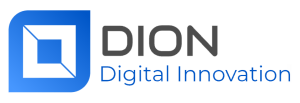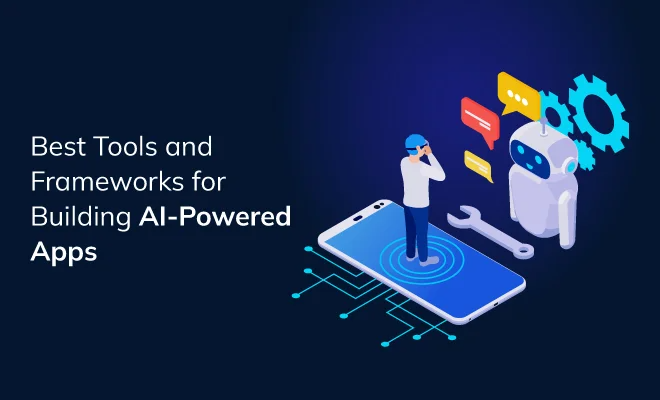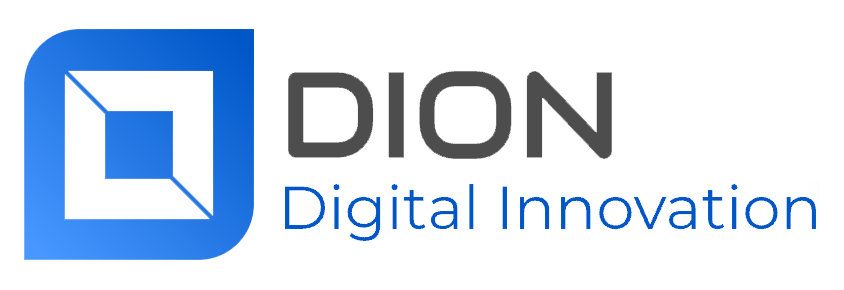Best Tools and Frameworks for Building AI-Powered Apps
The rise of AI-powered apps has transformed technology. AI, once a sci-fi idea, now drives innovative solutions in various fields. This growth results from more data, better machine learning, and powerful hardware.
The AI software market for app development is anticipated to attain a market size of $126 billion by 2025, as projected by the global data and business intelligence platform, Statista. As businesses aim to unlock AI’s potential, selecting the right tools and frameworks is crucial for efficient AI app development.
Let’s examine the fundamental aspects of choosing the appropriate tools and frameworks to build AI-powered applications, shining a spotlight on the involvement of app development companies.
Importance of Selecting the Right Tools and Frameworks
The progress in tools, frameworks, and technologies has greatly impacted the AI app development process. This progress has enabled developers to create, launch, and maintain apps more effectively. So, the choice of tools and frameworks is crucial for the success of AI app development for several reasons.
Let’s explore how to pick the right tools and frameworks for building AI-powered apps, focusing on how an AI app development company play a role:
Efficiency and Speed
The right tools and frameworks streamline the development process, reducing the time required to create AI-powered applications. This efficiency translates to faster time-to-market and a competitive edge.
Optimal Resource Utilization
Proper tools enable efficient resource allocation, minimizing unnecessary costs and ensuring optimal utilization of computing resources.
Scalability and Performance
The scalability and performance of AI apps depend on the tools and frameworks selected. Choosing the right ones ensures that apps can handle more work without slowing down.
Integration and Compatibility
The interconnectedness of modern applications demands tools and frameworks that can seamlessly integrate with other systems and technologies.
Access to Advanced Features
Modern tools and frameworks often include features, libraries, and modules that make it easier to use complex AI algorithms and models.
Enhancing User Experience with AI-Driven Features
In today’s tech-driven age, user experience (UX) is crucial for an app’s success. AI features can make everyday tasks more seamless and intuitive, leaving a positive impression on users. With AI technology, developers can revolutionize user interactions with apps powered by AI.
Technology Used to Develop AI-driven features in the App
Artificial intelligence, with its ability to recognize patterns, predict behavior, and grasp context, plays a vital role in improving user experiences. AI uses data analysis and adapts to user preferences, offering personalized suggestions and making processes easier. This results in faster, more efficient interactions, and increased user engagement.
Natural Language Processing (NLP)
NLP is revolutionizing the way applications handle and interpret human language. By using sentiment analysis, apps can better understand user feedback. This helps developers grasp user sentiments, address issues quickly, and enhance user satisfaction.
Incorporating AI chatbots into apps can enhance user interactions. These chatbots understand and respond to natural language, providing instant support and guidance. This not only saves time for users but also augments the overall user experience.
Computer Vision
Computer Vision is reshaping visual interactions in applications. By incorporating image recognition, apps can provide advanced visual search capabilities. Now, users can just snap a picture of an object to quickly find relevant information, making searching easy and effective.
Frameworks like OpenCV play a key role in image and video analysis. They enable applications to interpret visual data through facial recognition, object tracking, and image enhancement. Through these capabilities, user experiences become visually engaging and interactive.
Choosing the Right Tools for AI App Development
Selecting the right tools for AI-powered app development is crucial to ensure efficient, effective, and successful project outcomes. Entrepreneurs and businesses seeking AI integration should partner with an AI development company equipped with the right tools.
Here are key considerations to guide the tool selection process:
Project Requirements
This requires complete understanding of the specific goals and objectives of AI application. Different AI tasks, e.g., image recognition, natural language processing, may require different tools.
Frameworks
Make a choice regarding a suitable machine learning or deep learning framework, such as TensorFlow, PyTorch, or Keras. This also requires the assessment of the framework’s capabilities, ease of utilization, and the strength of its community backing.
Data Processing
Evaluate tools for data preprocessing and cleaning. Libraries like pandas, NumPy, and scikit-learn are invaluable for preparing data for AI models
Security and Compliance
If your application deals with sensitive data, ensure that the chosen tools and platforms adhere to security and compliance standards.
Deployment and Scaling
Choose tools that facilitate easy deployment of models to production environments. Containers (Docker) and orchestration tools (Kubernetes) are useful for scalability.
Long-Term Viability
Choose tools and frameworks that are actively maintained and have a strong user base. This ensures long-term support and compatibility with evolving technologies.
Budget and Cost
Evaluate the costs associated with tools, cloud services, and resources. Ensure that your chosen tools align with your budget constraints.
Top Frameworks for AI App Development
When choosing an AI app development framework, consider the type of AI models you want to build. Each framework has its pros and cons, so the right choice depends on your specific needs and preferences.
Here are some of the top frameworks for AI app development:
TensorFlow
TensorFlow, created by Google, is a flexible and extensively used open-source framework. It offers a holistic environment for constructing, training, and deploying machine learning models.
PyTorch
PyTorch, created in Facebook’s AI Research lab, is known for its flexible computation system and user-friendly interface. It’s a favored tool for developers experimenting with neural network designs.
Scikit-learn
Scikit-learn is a frequently employed machine learning library in Python. It presents a simple and intuitive interface for implementing various machine learning algorithms.
Keras
Keras is an advanced neural networks API that operates atop backends like TensorFlow, Theano, or Microsoft Cognitive Toolkit (CNTK). It is engineered to streamline the intricate process of creating and training deep learning models.
XGBoost
While not a deep learning framework, XGBoost is a powerful gradient boosting library. It is known for its exceptional performance in structured data tasks like classification and regression.
Summing Up
As we observe the prevailing technology trends, the rapid expansion and potential of AI technology become prominent. Nevertheless, proficiency in effectively harnessing AI’s power relies on the judicious selection of suitable tools and frameworks.
Teaming up with an AI app development company like Digital Innovationcan simplify the process. Our AI app development experts can wisely pick the right tools and frameworks for building your AI-powered apps.
Author


